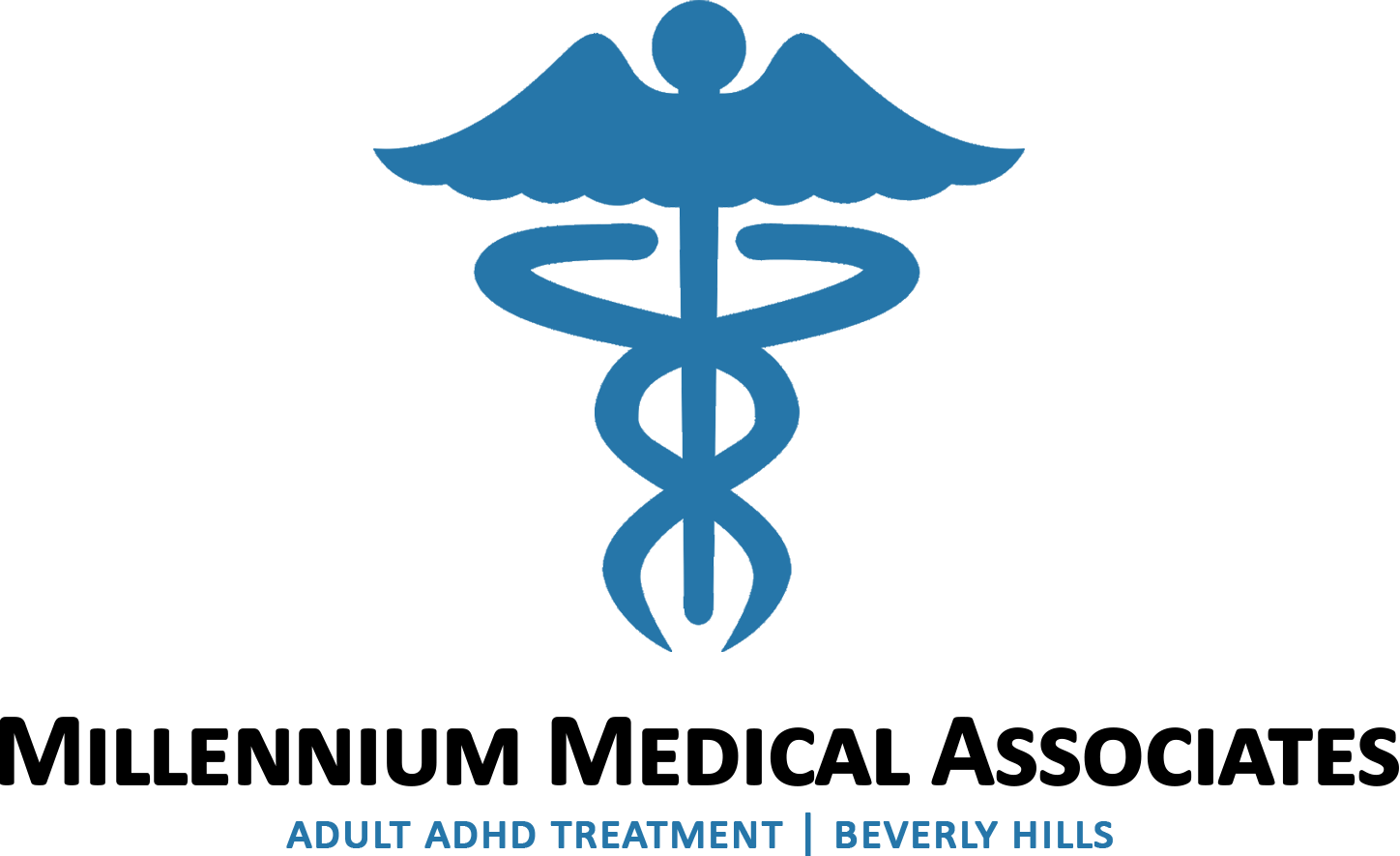What are Stimulants and How do they Work?
Stimulants are the most common and effective treatments prescribed for ADHD. They alleviate ADHD symptoms in about 70% to 80% of cases. These medicines increase your brain activity and thus improve your alertness, focus, and energy. Knowing how these medicines benefit your condition can help you get the most out of your ADHD treatment.
ADHD Medications List
The most popular ADHD medications include:
Adderall XR (amphetamine)
Concerta (methylphenidate)
Dexedrine (amphetamine)
Evekeo (amphetamine)
Focalin XR (dexmethylphenidate)
Quillivant XR (methylphenidate)
Ritalin (methylphenidate)
Strattera (atomoxetine hydrochloride): is not a stimulant but works in a different way
Vyvanse (lisdexamfetamine dimesylate)
How do Stimulants Help ADHD?
To help you better understand the effects of stimulants for people with ADHD, let’s explore what causes ADHD in the first place. Well, while it’s not entirely clear, a lack of two brain chemicals, namely dopamine (DA) and norepinephrine (NE), is thought to trigger ADHD. DA helps control your brain's reward and pleasure centers. NE revs up energy and attentiveness.
Normally, these chemicals are made within the nerve cells of our brains and are discharged into small gaps called synapses. The synapses allow one nerve cell to communicate with another. However, not all the DA and NE traverse to the downstream nerve cells. The excess chemicals are taken up again by the same nerve cells (a process called reuptake) and recycled to be released again into the synapse. This reuptake occurs via proteins called transporters which take up and recycle the excess chemicals.
When reuptake happens at the right time, it promotes a seamless flow of information throughout your brain. This causes a signal arriving at your brain to turn into a proper message that helps you execute a given task.
But what if this reuptake takes place before the right time? The concentration of chemicals in the synapse will plummet. These chemicals are vital for executive functions in those portions of your brain that depend on them for optimal functioning. Hence, when their levels fall, your brain can fail to relay messages on time. As a result, executive functions such as attention, organization, decision-making, and self-control can get impaired. This is what happens in ADHD brains.
The reason stimulants help in alleviating ADHD symptoms is because they boost the availability of dopamine and norepinephrine by blocking the transporters. In other words, these drugs hinder the reuptake of DA and NE back into the nerve cells that produced them. As a result, more of these chemicals are available in the synapse space, allowing information to travel without disruptions. More DA and NE means improved focus, behavior, and vigor. This is how stimulants optimize your cognitive performance, behavior, and attention.
Do stimulants cure ADHD?
Stimulants don't cure ADHD. They help to lessen your symptoms as long as you take them. Taking stimulants is like helping your brain create DA and NE as it would naturally do, leading to better attention span, behavior, and energy.
If you need more information about ADHD medicines, book an appointment by contacting the office or taking an online assessment by clicking below.
